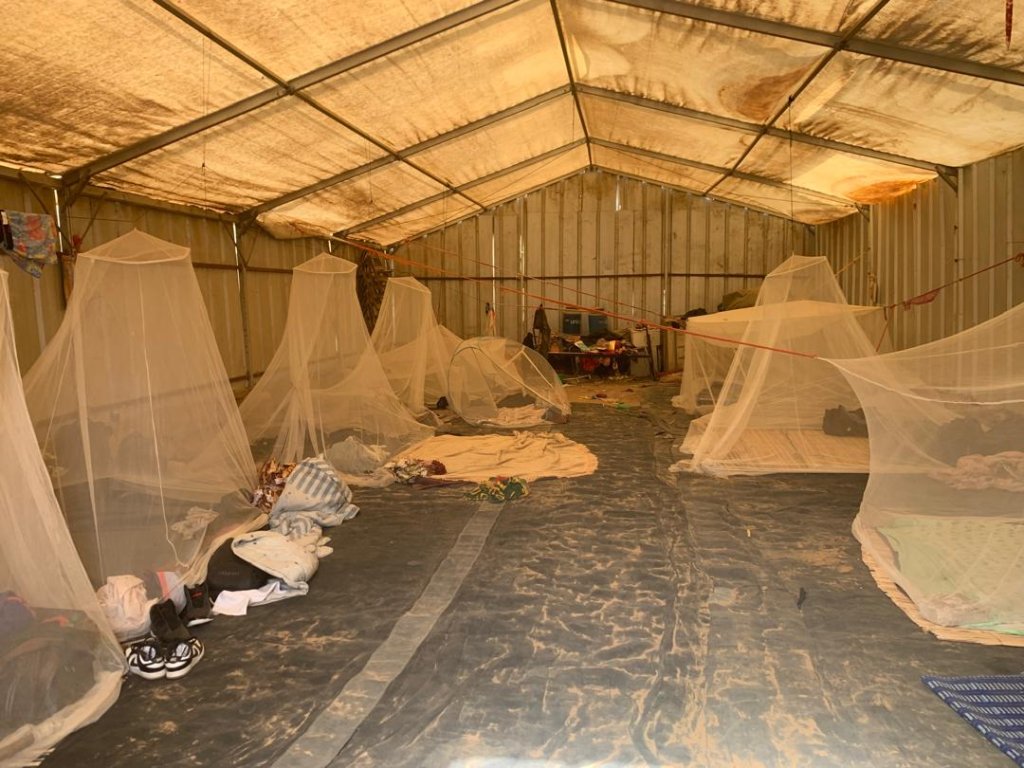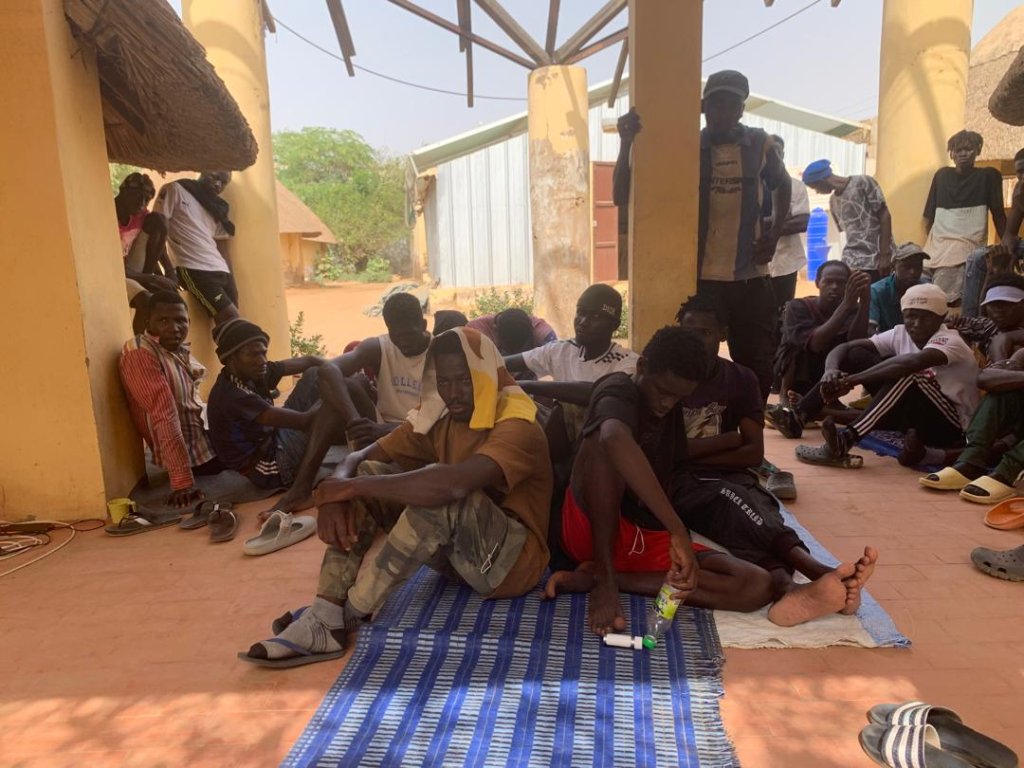Mauritanian authorities reported having intercepted over 30,000 migrants between January and April 2025. The country also dismantled 88 smuggler networks. Nouakchott is intensifying its crackdown on irregular immigration after becoming a major point of departure for migrant boats headed for Spain’s Canary Islands.
Mauritania intercepted over 30,000 migrants between January and April 2025, reported several government sources to the Spanish newspaper El Pais. After becoming a major departure point since 2023 for exiles hoping to reach Europe by crossing the ocean toward Spain’s Canary Islands, Mauritania has carried out an increasingly strict migration policy since the beginning of this year.
The Mauritanian authorities are increasing the number of arrests as part of the crackdown. They are also conducting numerous inspections in large cities and on highways. "There are daily pushbacks. Police are stopping people in their homes, and men on their way to work,” said Abdoulaye Diallo, president of the Nouakchott association Together for a better future.
Read AlsoMauritania: Migrants face round-ups, arrests and deportations
The crackdown's effects are visible in the streets of the capital. "There were a lot of taxis, tuk-tuk drivers, all these small jobs held by migrants before. Now, the absence of migrants in the city is noticeable. People are hiding," he said.
After being arrested, migrants are transported to detention centers before being deported. Africans are sent to the borders with Mali and Senegal. Asians are deported via flights, according to El Pais.

In the cross-border town of Rosso between Mauritania and Senegal, hundreds of migrants live on both sides of the border in difficult conditions. New migrants continue arriving in the region while pushbacks intensify. "They lack water, food, medicine, and have no housing," said a Mauritanian humanitarian worker contacted by InfoMigrants. Some live in a hangar near the border with Mauritania. Others, with the help of the Red Cross, have moved into an abandoned building on the Senegalese side of the river.
Preventing migrants from embarking on boats to the Canary Islands
Mauritania’s Minister of the Interior, Mohamed Ahmed Ould, questioned by members of Parliament in early May about the expulsions, slammed the "unprecedented increase in the number of illegal immigrants" in the country. The increase wasn’t a result of "individual migration" but rather the consequence of "organized cross-border activity", he added.
Read AlsoOn the Senegal-Mauritania border, hundreds of migrants are 'in a desperate situation'
During the first quarter of 2025, 88 smuggling networks were reportedly dismantled. In comparison, 148 were dismantled during the entire year of 2024.
The minister also clarified that the operations didn’t concern the 300,000 refugees and asylum seekers in Mauritania, most of whom are Malians fleeing conflict in their countries and living in the Mbera camp on the border.

The authorities' stated objective is primarily to prevent migrants from embarking for the Canary Islands from the Mauritanian coast. Mauritania, a vast desert country located on the West African Atlantic coast, has become an important point of departure for boats arriving on the Spanish archipelago, according to Helena Maleno, founder and CEO of the NGO Caminando Fronteras. An unprecedented number of 46,843 exiles reached the Canary Islands in 2024.
500 migrant bodies found off the coast of Mauritania in 2024
The discovery of corpses on the Mauritanian coast in recent months further confirms that Mauritania has become an important set off point for people seeking to reach Spain via the Atlantic. Heightened border controls off the coasts of Senegal and Morocco are partially responsible for this new tendency.
“In 2024, more than 500 bodies of young Africans were recovered from our shores, and since the beginning of 2025, over 100 more have already been found. This is a human tragedy that we must face together,” declared Mauritania’s Minister of Foreign Affairs, Mohamed Salem Ould Merzoug, during a trip to Mali in mid-April. "It is imperative to combat these criminal networks and encourage regular, safe, and orderly migration, in strict compliance with national legislation and bilateral agreements."
The shift in Nouakchott's policy came after the signature in March 2024 of an agreement with the European Union, whose politicians were concerned about the revival of this migratory route. The agenda includes strengthening cooperation between agencies, dismantling smuggling networks, building detention centers, and delegating inspections, financed by a €210 million package allocated to the Saharan country.
The number of arrivals in the Canary Islands has plummeted since the beginning of the year. 10,538 people arrived in the archipelago between January 1 and April 30, 2025, a decrease of 33.8 percent compared to the same period in 2024, when 15,922 migrants reached the Spanish islands.
